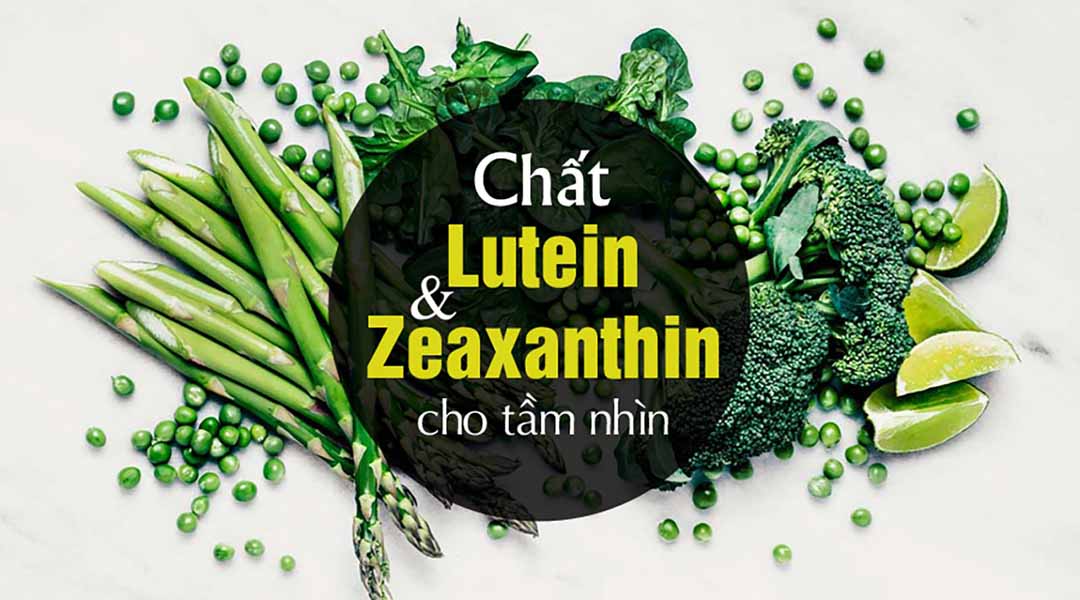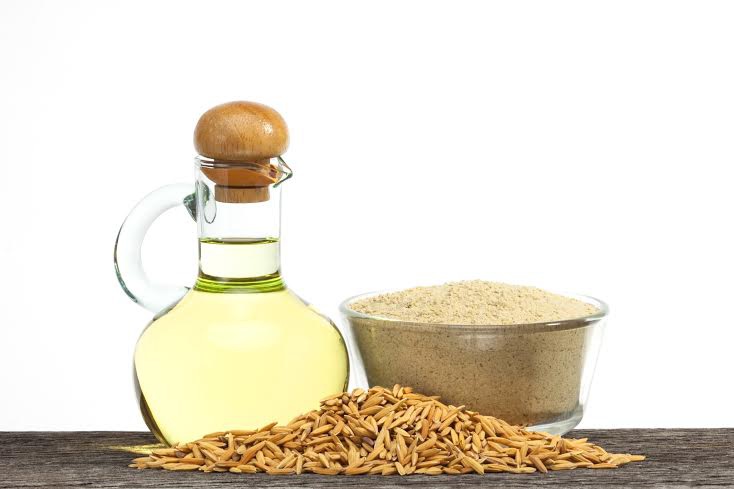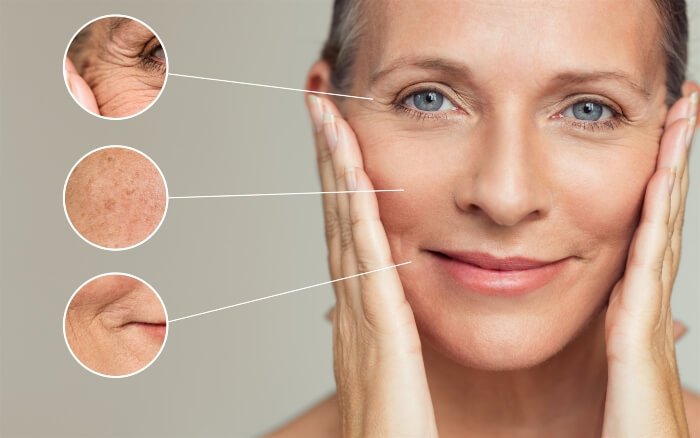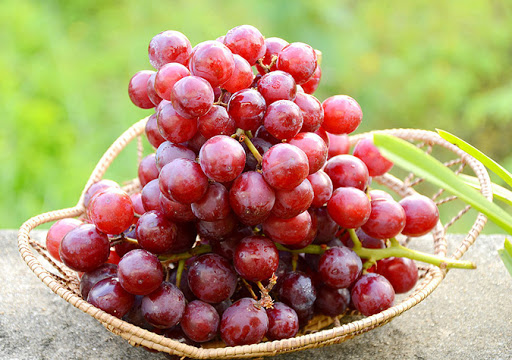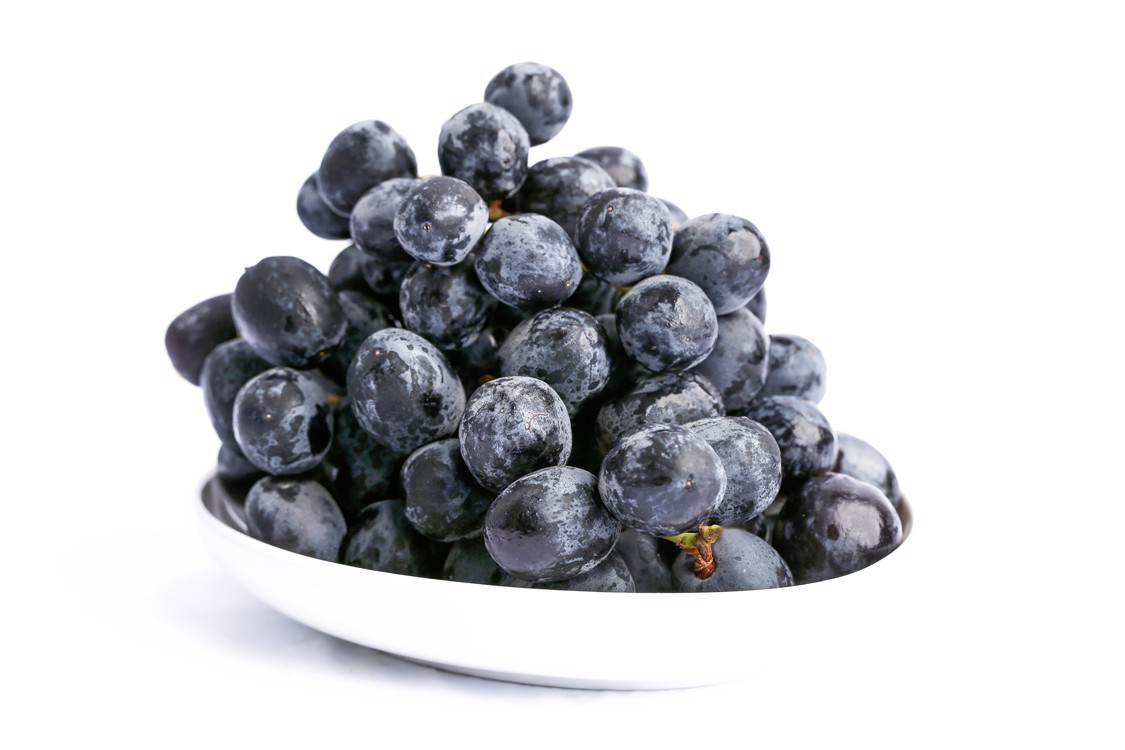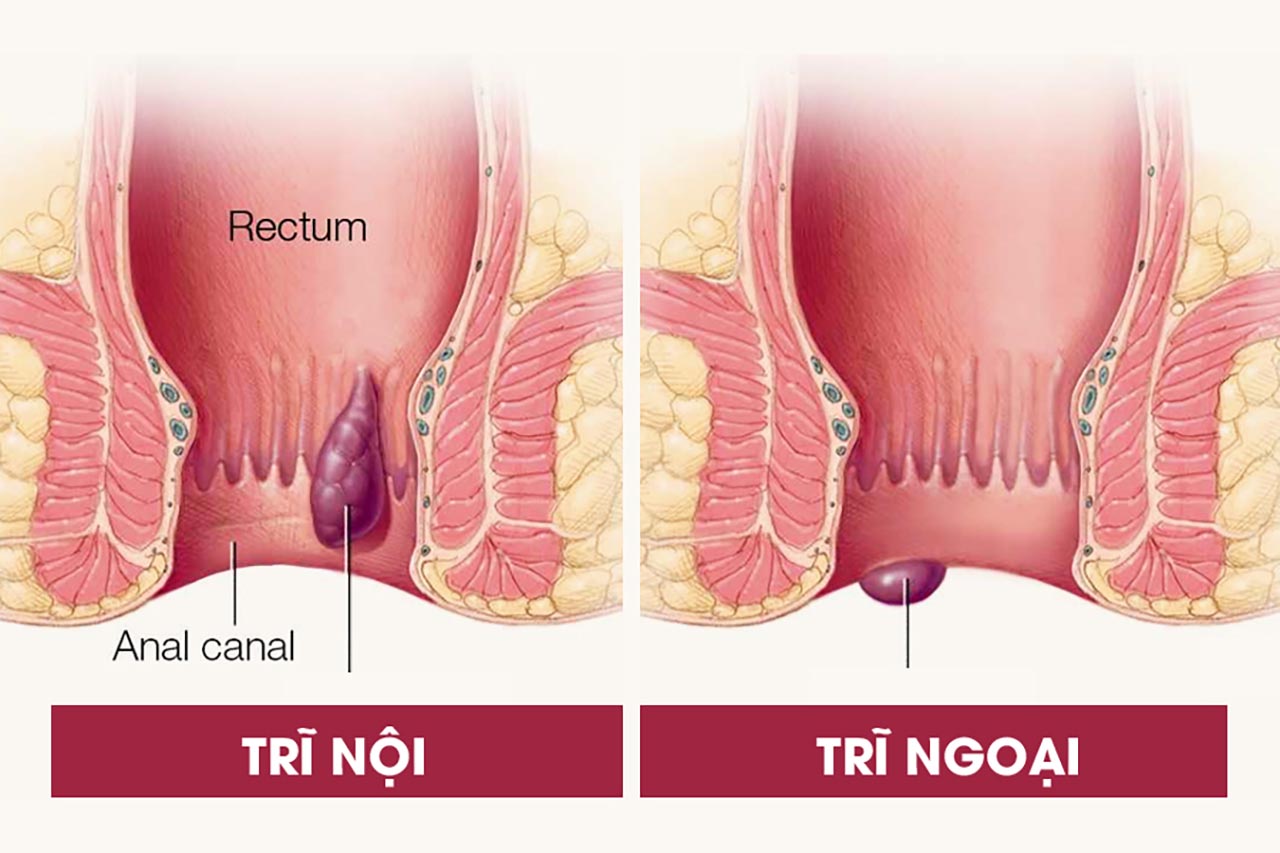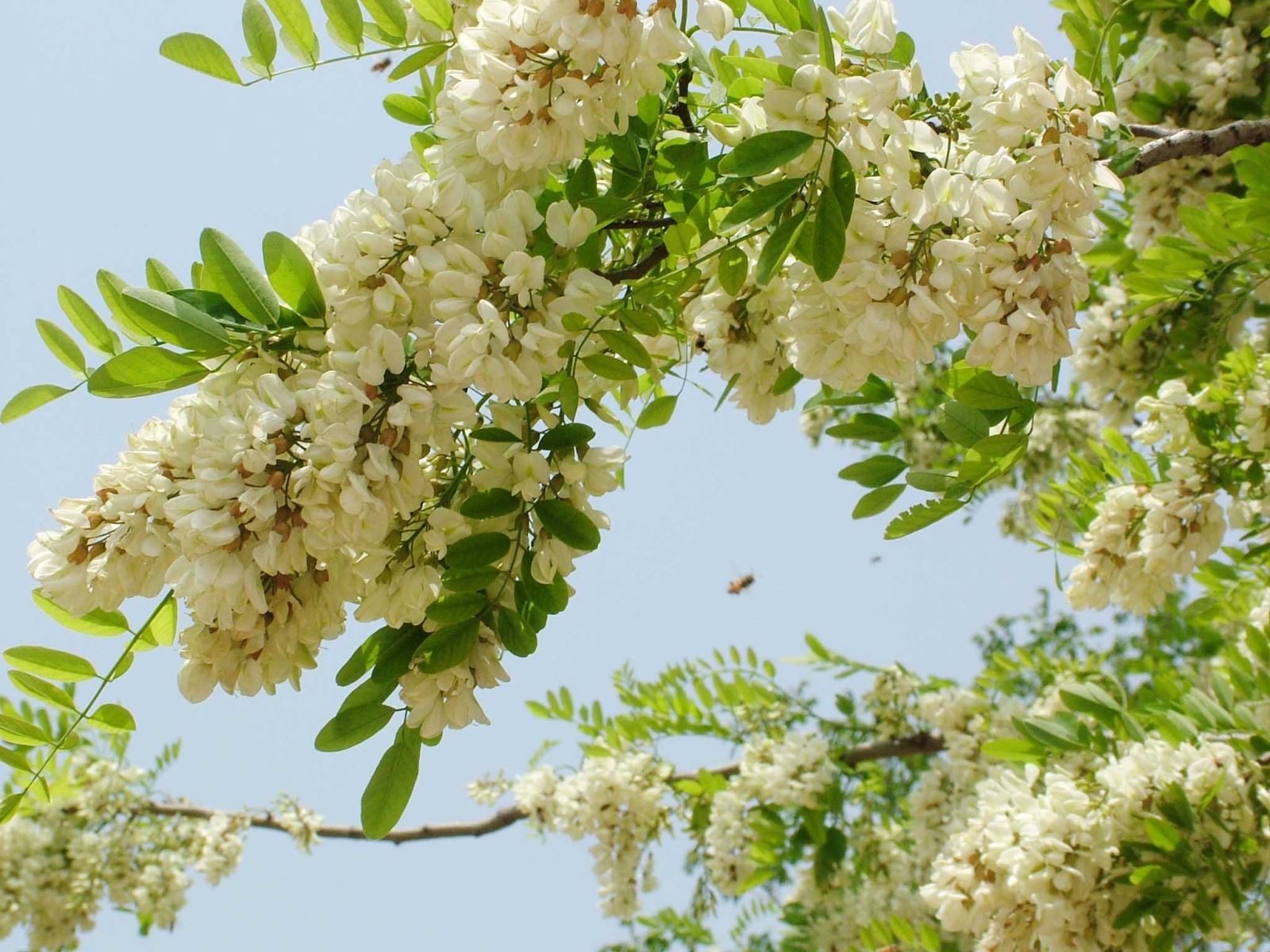What is Lutein?
Lutein, dubbed the “eye vitamin,” is a type of carotenoid antioxidant best known for protecting eye health. Like many other types of antioxidants, lutein is found in brightly colored foods like fruits and vegetables — especially leafy greens and dark orange or yellow berries. In Latin, luteus means “gold”. Lutein is the most abundant carotenoid in the brain and macula of the eye. In the human body, carotenoids act as antioxidants as well as essential building blocks of the body. The human body is not capable of synthesizing lutein on its own, and must be obtained through dark green vegetables and fruits or through other supplements.
Lutein acts as an antioxidant, protecting cells against the damaging effects of free radicals. Lutein, also known as vegetable progesterone, is a natural colorant found in bananas, kiwis, cabbage, and lavender. Lutein has a very complex chemical structure and cannot be synthesized. Lutein can only be extracted from plants. Lutein after extraction has very important applications in the field of food and health.
Effects of Lutein on Health
Protects against eye disorders like macular degeneration
Macular degeneration (MA), also known as macular degeneration, is the degeneration of macular cells that causes the eyes to lose the ability to see details in the center of vision leading to vision loss. the center makes the image visible blurred, the center of the image is distorted, distorted.
In Vietnam, macular degeneration is tending to be rejuvenated by the habit and time of using technological devices such as phones, televisions, laptops, tablets… Blue light from these devices will cause damage to the eyes, especially the habit of using electronic devices at night without light.
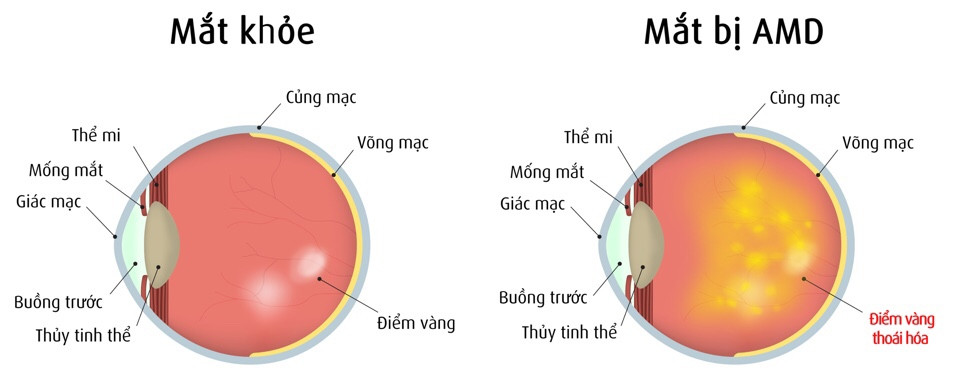
Lutein protects the eyes by filtering out the percentage of short-wavelength UV rays that negatively affect sensitive parts of the eye such as the retina (macular). Lutein helps to filter out 90% of the blue wavelengths (the type of light emitted by electronic devices such as phones, televisions, computers, energy-saving LED bulbs, fluorescent lamps, etc.) the visible light and the induced spectrum. Researchers at Harvard University have found that a daily supplement of 6 milligrams of lutein can reduce the risk of macular degeneration by an average of 43%.
Another study found that nutritional supplements containing lutein and zeaxanthin effectively increased the optical density of retinal pigments in the eye, which helps to protect the retina of the eye against growth. of macular degeneration.
Similarly, other studies have shown that high dietary intake of lutein and zeaxanthin along with vitamin E is associated with a significantly reduced risk of cataract formation. Although research is still in the early stages, results show that taking lutein three times per week for up to two years has been shown to improve vision in older adults who already have cataracts. Other benefits of lutein for eye health include helping to reduce eye strain, glare and light sensitivity, helping to keep the lens and retina at proper density, strengthening eye tissue and helping to improve vision.< /p>Helps protect skin health
In addition to being important for the eyes, carotenoids including lutein and zeaxanthin are also beneficial for the skin. To protect skin health and fight skin cancer, lutein helps filter out the high-energy wavelengths of sunlight, slowing the rate of oxidation. Several animal studies show evidence that lutein protects against light-induced skin damage, such as signs of aging and skin cancer.

May help reduce cancer risk
Some evidence suggests that people who consume more lutein from their diets have lower rates of breast, colon, cervical, and lung cancers. Although we don’t know exactly how lutein affects cancer, studies have shown that adults with higher blood levels of lutein have a reduced risk of developing some common forms of cancer.
Lutein may act as a natural cancer treatment because foods rich in lutein (such as leafy green vegetables and citrus fruits) also provide antioxidants and other beneficial nutrients. reduce pathogenic inflammation and oxidative stress. However, at this point, more research is needed to help us understand the effects of lutein and other carotenoids on cancer, immunity, hormones, and heart health.
Some observational studies suggest that xanthophyll carotenoids including lutein may help reduce the risk of developing heart disease and stroke. Just as the previously mentioned studies suggest lutein’s potential cancer-protective effects, researchers aren’t exactly sure how lutein improves heart health. Because lutein has anti-inflammatory and antioxidant properties, it appears to benefit heart health by reducing inflammation, which is an underlying cause of cardiovascular disease.
Studies conducted by the University of Southern California show that low levels of lutein in the blood can contribute to the thickening of artery walls. This increases the risk of developing hardening of the arteries and blockages of the coronary arteries that can lead to heart attacks. USC observational studies show that people with the highest levels of lutein in their blood experience less plaque buildup in their arteries, and the reverse is also true: eating fewer plant foods rich in lutein, the arteries are blocked. more congestion.
Can maintain heart health
Some observational studies suggest that xanthophyll carotenoids including lutein may help reduce the risk of developing heart disease and stroke. Just as the previously mentioned studies suggest lutein’s potential cancer-protective effects, researchers aren’t exactly sure how lutein improves heart health. Because lutein has anti-inflammatory and antioxidant properties, it appears to benefit heart health by reducing inflammation, which is an underlying cause of cardiovascular disease.

Studies conducted by the University of Southern California suggest that low levels of lutein in the blood can contribute to the thickening of artery walls. This increases the risk of developing hardening of the arteries and blockages of the coronary arteries that can lead to heart attacks. USC observational studies show that people with the highest levels of lutein in their blood experience less plaque buildup in their arteries, and the reverse is also true: eating fewer plant foods rich in lutein, the arteries are blocked. more congestion.







